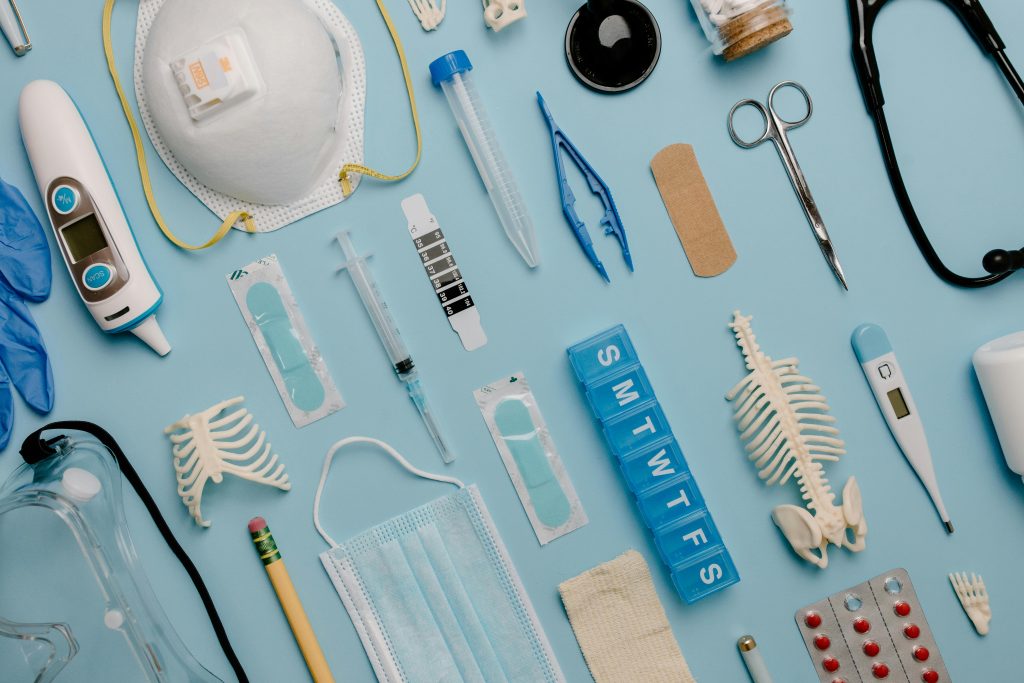
When living with a disability, it’s natural to want solutions that promise improvement or relief. The more effective, the better. Unfortunately, several treatments might make bold claims but have insufficient evidence to support them. These so-called treatments can oftentimes be expensive, misleading, and in some cases, even dangerous. Below are some treatments that are or have been considered to help people with disabilities, yet lack the science to back them up.
1. Hyperbaric Oxygen Therapy (HBOT) for Autism and Cerebral Palsy
Hyperbaric Oxygen Therapy involves sitting in a pressurized chamber and breathing pure oxygen. It’s a legitimate medical treatment for certain conditions, such as carbon monoxide poisoning and decompression sickness. However, some claim it can also help with autism or cerebral palsy.
Research doesn’t support this. Several reputable bodies of research have found no solid evidence that HBOT improves these conditions. In fact, it may even cause adverse effects such as ear pain, sinus issues, and, in rare cases, seizures.
By contrast, therapies such as occupational therapy, speech therapy, and applied behavior analysis (ABA) are widely researched and often provide real benefits.
2. Chelation Therapy for Autism
Chelation therapy is used to remove heavy metals like lead from the body. Some alternative practitioners have claimed it can treat autism by “removing toxins,” especially mercury. This idea comes from the long-debunked belief that vaccines cause autism.
There is no reliable evidence that chelation helps with autism. Worse, it can be dangerous. Chelation can remove important minerals your body needs, resulting in serious side effects such as kidney problems, heart issues, and potentially even death in the most severe cases. With that in mind, it’s inadvisable to consider chelation therapy for anything other than confirmed heavy metal poisoning.
“Detox” therapies for learning disabilities are largely unsupported by science, so focus instead on evidence-based treatments that are specifically tailored not only to the disability, but to the individual.
3. Stem Cell Therapy for Spinal Cord Injuries or Multiple Sclerosis
Stem cells hold exciting possibilities for the future of medicine. However, some current stem cell treatments are being offered before they’re truly proven to be safe or effective.
Such treatments can potentially lead to serious complications, such as infections, immune reactions, and tumor growth. Meanwhile, these procedures are also not likely approved for treating disabilities such as spinal cord injuries or multiple sclerosis outside of clinical trials.
But if you’re seriously considering stem cell treatments regardless, speak to a medical specialist about enrolling in a clinical trial. To play it safe, do also avoid costly, unproven procedures offered by private clinics.
4. Special Diets and Supplements
There are some claims that certain diets, like gluten-free or dairy-free diets, can treat autism or ADHD, among other conditions. Others might promote supplements as brain boosters that can alleviate or even cure learning disabilities. While nutrition does indeed play a crucial role in mental wellbeing, be incredibly wary of any claims that feel like overpromises.
Note that seemingly beneficial supplements and diets can be detrimental when administered incorrectly. And not everyone benefits equally from the same method of acquiring nutrition.
For example, strict diets can lead to nutritional deficiencies, especially in children. Certain supplements might interact negatively with medications or contain harmful ingredients, and not all such supplements are properly regulated.
If your diet or digestion seems to affect symptoms, consult a licensed dietitian or doctor. They can help develop a safe and balanced plan based on real needs.
Be Smart By Being Skeptical
Disabilities are complex, and there is no one-size-fits-all solution. So be particularly cautious of attempting treatments that promise quick results without strong evidence. Before trying a new treatment, even a proven one, always speak with a trusted healthcare provider.
Proven therapies may not be as wondrous nor as effective as you’d prefer, but being backed by extensive research and quantifiable results means you’re far less likely to be wasting your time and money.
References
MentalHealth.com (2024) Therapies For Intellectual Disabilities And Outdated/Unproven Treatments [Accessed 7 June 2025] Available at: https://www.mentalhealth.com/library/intellectual-disability-therapies
Autism Science Foundation (2025) What Does Not Work [Accessed 7 June 2025] Available at: https://autismsciencefoundation.org/beware-of-non-evidence-based-treatments/
EuroStemCell (2025) Spinal cord injuries: how could stem cells help? [Accessed 7 June 2025] Available at: https://www.eurostemcell.org/spinal-cord-injuries-how-could-stem-cells-help
RaisingChildren.net.au (2024) Chelation — Therapy at a glance [Accessed 7 June 2025] Available at: https://raisingchildren.net.au/autism/therapies-guide/chelation